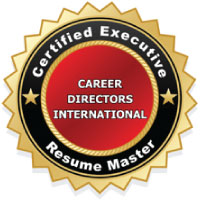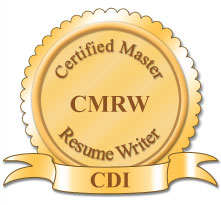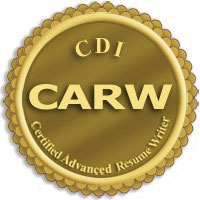If you’ve been placed on a school’s waitlist, congratulations! You weren’t rejected, and many are accepted each year from waitlists. As an MBA Admissions Consultant, I advise my clients not to sit back and wait, at least not in most cases. Working to get accepted from a waitlist is simply another step in the MBA admissions process. Here are some points to consider:
1. Carefully read the email you received from the school. Some schools tell you not to do anything more than just wait. If they say that, then you take a risk if you try communicating with them—so you probably should just sit tight. 
2. Luckily, most schools will not ask you to do nothing. In that case, you need to launch a subtle but active campaign to get accepted from the waitlist. Be careful, since schools change their rules every year. For example, Harvard Business School used to instruct waitlisted applicants not to do anything. This year, it changed its instructions to leave it up to you as to whether or not to add materials to your application. So I’d recommend taking advantage of that opportunity. First of all, assess where your application may have been weak. If you’re brave, call someone you know in the school’s admissions department or the person who interviewed you, and see what you can learn about areas where you need to strengthen your application. Then submit information to address that area. For example, you might:
a. Submit an additional recommendation. If you worked with an admissions consultant, the chances are good that s/he helped you to decide which recommenders to use right away and which one or two to save for use should you get placed on a waitlist. Often, there’s someone at your employer, perhaps a higher level executive, who wasn’t your day-to-day supervisor but is a true leader and knows one when he sees one. Or you can consider getting a well-known alumnus or business leader to recommend you.
b. Submit a series of letters. Start with one that thanks the admissions office for putting you on the waitlist, and makes it clear that you are still eager to go the school and wish to remain on the waitlist. Reinforce something strong about you. Then in a couple of weeks, send a follow-up letter that emphasizes things you’ve done since you first applied and that make you a stronger candidate. If your GPA was a bit weak, talk about courses you’ve taken recently where you got great grades. If your GMAT was a problem, submit a new, higher score. Tell the committee about new leadership responsibilities you’ve had at work, new accomplishments, volunteer charity leadership, etc.
One of your goals should be to keep yourself at the forefront of the admission committee’s minds, so when an opening occurs, they consider you before others.
c.. Possibly visit the school again. One of my very first clients lived in California and was waitlisted at MIT Sloan. He had already been accepted by Wharton but wanted to get accepted by MIT Sloan. He flew out twice to the school and managed to meet both times with the Admissions Director. She was impressed and he eventually was accepted.
Be careful to not become an annoyance. Always use discretion regarding the frequency with which you follow up with schools. But unless the school has said not to do so, you can take control of the post-waitlist process. In many cases, your follow-up will make the difference between getting off the waitlist and settling for your second choice school.
Need guidance in your MBA/EMBA Application process? Maximize your applications with help from The Essay Expert’s MBA Admissions Consulting Services. Or feel free to email me directly at larryessayexpert@gmail.com.
—–
Larry Sochrin









